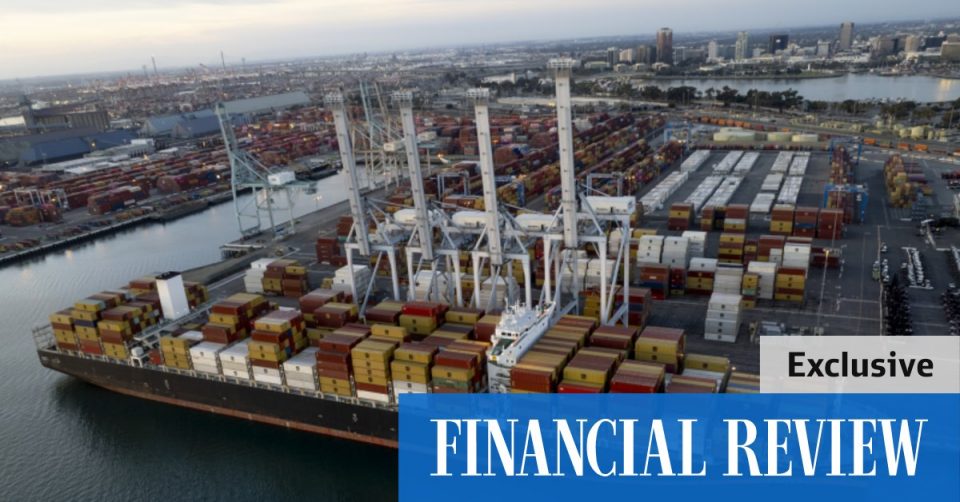“This situation is projected to only moderately ease by 2023 and beyond,” AiGroup chief executive Innes Willox said.
“These pressures can undermine our economic recovery from the pandemic and ultimately dampen economic growth.”
Supply chains have been under huge strain during the pandemic as a result of increased demand for goods, lengthy lockdowns and infection of workers, global shortages in shipping containers, port skipping and fewer shipping services, rising freight costs, and Australian industrial action.
Congestion at its worst
According to the report, 65 per cent of CEOs found sourcing their usual inputs much more difficult this year than last year, and 29 per cent said the disruption had been significant. Only 17 per cent felt more optimistic about 2022.
Freight forwarder David Scott, general manager of Commercial Freight Logistics, supported the sentiment, saying congestion in 2021 was the worst he had seen, and the outlook for both high freight rates and vessel space was “not good”.
He said the backlog of vessels meant next year would be a slow recovery. “We’ll be lucky if 30 per cent of vessels arrive on time,” Mr Scott said.
“I think we’re going to see some inflationary figures next year.
“Importers can’t deal with high freight rates without passing it on. The price of the product will be reflected on the shelf.”
Customers will wear costs
Australian Retailers Association chief executive Paul Zahra said retailers were “mostly absorbing these additional costs so as not to impact sales volumes”.
“However, this is unsustainable,” he warned. “Hence, it is fair to say that these additional costs at some point will ultimately be passed onto the customer.”
Enrica Centorame, managing director of freight forwarding and logistics group Global Forwarding, said she had seen six- to 12-month delays in containers this year, including clothing, sporting goods, machinery and cars.
She highlighted port strikes as the biggest reputational issue for Australia, saying the industrial action had “severely tarnished” the country for shippers this year.
“Once the ships come into Australia, that final-mile delivery which is supposed to be a seamless process of unloading and clearance hasn’t happened,” she said.
“On an already challenged supply chain, the industrial action has only made the situation worst.”
The Maritime Union of Australia has argued blaming wharfies is a distraction from the lack of investment in road and rail infrastructure at ports and consolidation of major shipping lines.
The Morrison government has announced a Productivity Commission inquiry into port efficiency, including industrial relations issues and restrictive union conditions in agreements.
Mr Willox said the review should be “short and sharp”, given the seriousness of the issues, and hoped for legislation by early next year.


